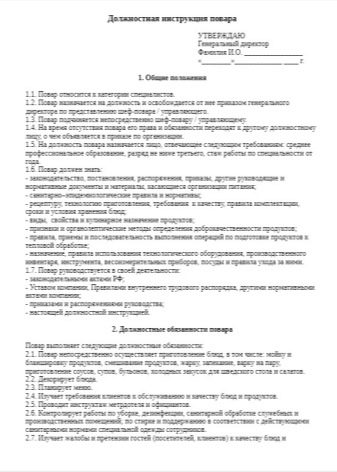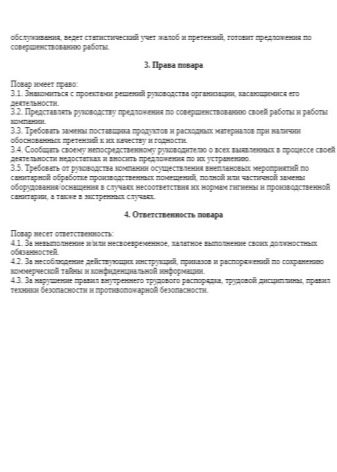Meat shop chef: qualification requirements and functional responsibilities
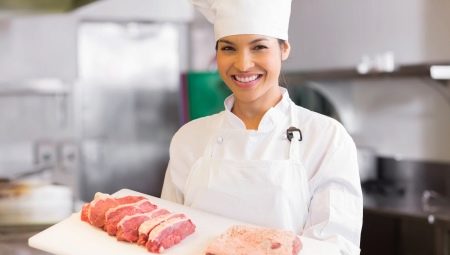
The position of a cook in a butcher's shop makes rather high demands on the qualifications of the performers. The functional responsibilities of these employees are also more varied than it might seem. Therefore, it is very important for everyone who is going to work in the kitchen to know these nuances.
Features of work
The butcher's chef works not only in cafes, restaurants and other catering establishments. It can also work in procurement plants of various capacities. In many cases, meat shops consist of several rooms, in each of which specific operations are carried out. They prepare meat dishes and semi-finished products, which are transferred to other areas of culinary production. A canteen procurer cannot be called a simple "butcher" like those working in the market or at a meat processing plant.
He often has to do:
defrosting;
primary training;
cutting;
deboning;
cleaning;
cutting meat;
preparation of semi-finished meat products on its basis;
preparation of dishes;
bringing these dishes to an edible state.
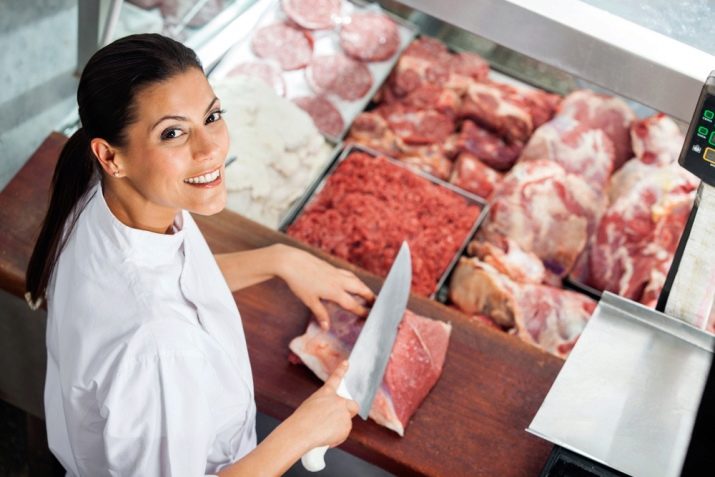
Qualification
Meat dishes are the main component of the assortment of almost any restaurant, cafe, canteen and buffet. Therefore, those who prepare them must very carefully study all the features and nuances of their work. They will have to scrupulously study the recipe and the key features of the work technology. It is equally important to take into account the basic requirements for the initial quality and storage of products:
- fish;
- seafood;
- meat of various varieties and meat products;
- poultry, rabbit and other exotic species.
The chef of the butcher's shop is bad if he has mastered even all this, but is not ready to determine organoleptically the good quality and safety of what he processes. It is necessary to control products, semi-finished products, and initial raw materials. You also need to study:
- how culinary acids, table salt, hard water and spices affect the duration of hot processing, the quality of finished dishes;
- how to organize a balanced diet;
- how to organize dietary meals as prescribed by a doctor in individual cases;
- how to properly handle raw materials;
- how to reduce the loss of meat and other products without losing nutritional value and taste;
- how to improve the aromatic qualities of culinary products;
- how to rationally use recipe books.
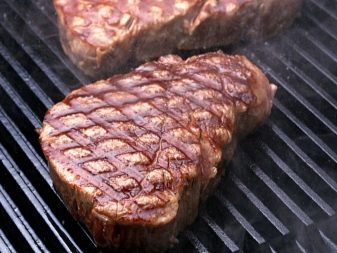
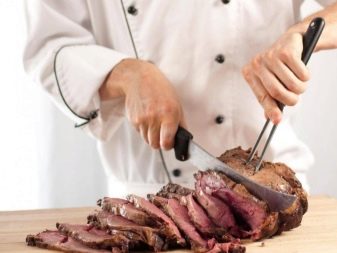
But this is not the end of the circle of knowledge necessary for the cook of the butcher's shop. He must understand how the menu is drawn up, how to draw up requirements for food and take into account its consumption. He needs to imagine how individual substances change during prolonged heating, how to prepare food that is safe for health. Compliance with portioning standards and serving rules is very important.
Finally, you need to understand how to use cooking equipment, how to identify and correct defects made by other people.
Functional responsibilities
The chefs of the butcher's shop cook a variety of broths, soups and much more, fry, stew, bake and blanch meat, prepare delicacies from it. They are also engaged in browning, milling, simmering, tinting, seeding and flaming. And in some exotic cuisines, unconventional types of processing of raw meat can be used. In a specialized restaurant you will have to deal with them too. Regardless of the "repertoire" of the institution, it will be necessary to prepare sauces, hot and cold drinks, side dishes.
The chefs of the butcher's shop are also engaged in the manufacture of particularly complex dishes:
- jellied pigs;
- liver pate;
- offal;
- minced meat balls (meatballs);
- fish soup;
- egg-butter sauce;
- souffle;
- pudding;
- meatloaf;
- meat puree.
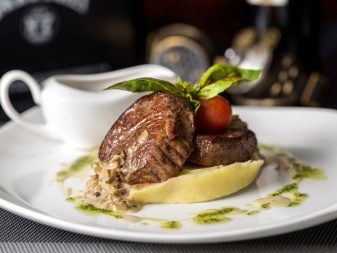
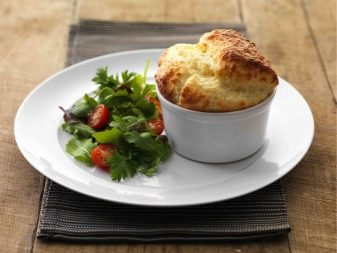
Each dish must be divided into portions, correctly decorated and put up for distribution. No intelligent chef will entrust these responsible procedures to other kitchen staff. In the case of meat, the "if you want it to be done well, do it yourself" principle is absolute.
As it is easy to understand, the cook of the butcher's shop, if not an all-rounder, is quite close to this position. He needs to master a few additional functions in order to move to the position of a station wagon or even become a technologist.
Job description
Most of these documents indicate that this position belongs to the number of kitchen workers. They also prescribe the requirements for the educational level and work experience. Appointment and withdrawal from a position is usually carried out by the management of the organization. Kitchen managers and shop managers have only the right to represent them for dismissal. Among the professional knowledge indicate:
- arrangement of kitchen equipment;
- features of the use of professional tools;
- properties of various types and varieties of meat, their differences;
- the purpose of individual parts of carcasses and carcasses;
- recommended serving size;
- the procedure for the production of semi-finished products.
A good chef knows 100% of the basic health and safety requirements. Kitchen production should be organized taking into account the requirements of fire safety and hygiene. You should also know:
- how to use personal protection of skin, lungs;
- how to recognize signs of poisoning and provide first aid;
- what should be the quality of work and services;
- principles of rational organization of labor;
- types of manufacturing defects and methods of dealing with it.
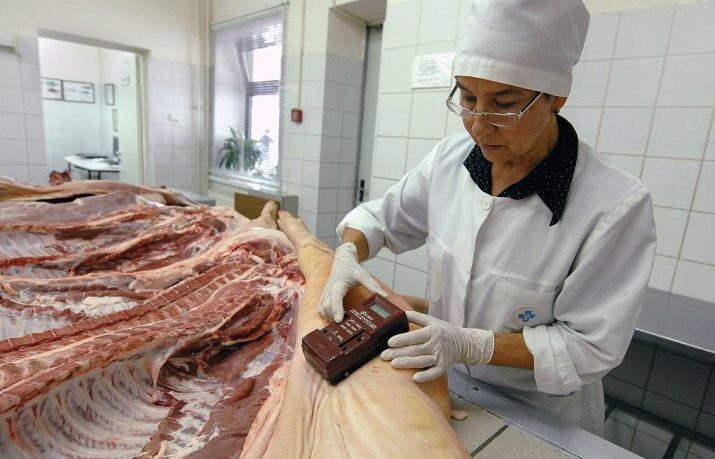
The chef in the butcher's shop is obliged to obey the charter and regulations of the organization, the decisions of its management and the rules of procedure.Sometimes other items are prescribed. So, it always says to whom the powers of the cook pass during his absence for any reason. He may be tasked with studying customer service and food quality requirements. Butchery chefs may also be required to:
- decorate dishes;
- draw up plans for the development of the menu;
- instruct waiters;
- track the progress of cleaning, disinfection and sanitization of premises;
- monitor the condition of workwear (both your own and subordinate employees);
- study complaints and suggestions of visitors to the institution.
But the cooks of the hot shop also have rights. So, in the interests of doing their job, they can get acquainted with the intentions of the leadership and make suggestions to him. Another important right is the requirement to replace suppliers of food and culinary equipment if there are significant deficiencies in their products. Cooks also have the right to demand an extraordinary (including emergency) sanitary and hygienic processing of the kitchen. Responsibility may arise:
- in case of non-fulfillment or incomplete observance of their duties;
- in violation of the instructions and orders of the management;
- in case of leakage of trade secrets and confidentiality norms;
- in case of non-fulfillment of labor regulations, service discipline, sanitary and fire safety;
- in violation of the norms of civil and criminal law.
